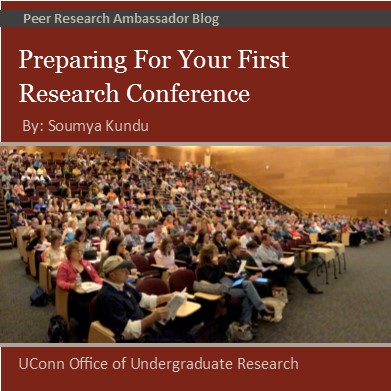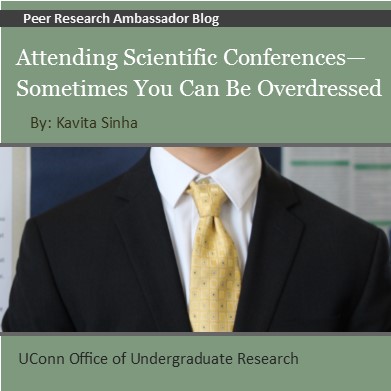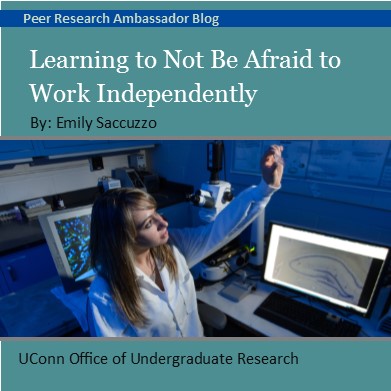We are delighted to announce the 13 student-faculty teams selected to receive awards for Spring 2018 and thank the University of Connecticut Humanities Institute for its generous support of two of these student awards. Congratulations to all award recipients!
SHARE Awards support undergraduate research apprenticeships in the social sciences, humanities, and arts, offering students majoring in these fields opportunities to develop inquiry skills and explore research interests early in their college careers.
Project Title: The Impact of an Outsider President on Candidate Emergence in Congressional Elections
Student Apprentice: Kyle Adams, Political Science
Faculty Mentor: Paul Herrnson, Political Science
Project Title: Justice in the Dark: How Secretively Funded Campaign Advertisements Shape Judicial Campaigns
Student Apprentice: Erin Dennehy, Political Science
Faculty Mentor: Virginia Hettinger, Political Science
Project Title: Interpersonal Coordination of Goal Directed Actions
Student Apprentice: John Farrar, Cognitive Science
Faculty Mentor: Adam Sheya, Psychological Sciences
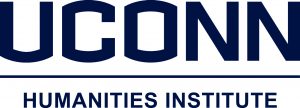 Project Title: The Scholio Project: Designing Online News Comments to Promote Intellectual Humility in Public Discourse
Project Title: The Scholio Project: Designing Online News Comments to Promote Intellectual Humility in Public Discourse
Student Apprentice: Brendan Hogan, Political Science & Psychological Sciences
Faculty Mentor: Michael Morrell, Political Science
Award Co-Sponsored by the University of Connecticut Humanities Institute
 Project Title: Diverse Experiences of and Evaluations about Sexting and Sexting Victimization
Project Title: Diverse Experiences of and Evaluations about Sexting and Sexting Victimization
Student Apprentice: Emily Mendoza, Human Development and Family Studies
Faculty Mentor: Alaina Brenick, Human Development and Family Studies
Award Co-Sponsored by the University of Connecticut Humanities Institute
Project Title: Executive Approval Analyses in Latin America and Recent Political Developments
Student Apprentice: Shankara Narayanan, Political Science & International Relations
Faculty Mentor: Matthew Singer, Political Science
Project Title: Undergraduate Nursing Students’ Perspectives of Witnessed Simulated Cardiopulmonary Resuscitation and Death in an Opioid Addicted Patient
Student Apprentice: Justin Pedneault, Nursing
Faculty Mentor: Carrie Eaton, Nursing
Project Title: Accountability in Government?: Assessing the Effectiveness of Ethics Commissions in Connecticut Municipalities
Student Apprentice: Samuel Rostow, Political Science
Faculty Mentor: Kimberly Bergendahl, Political Science
Project Title: A Computer Intervention to Help Reduce Problematic Gambling in College Students
Student Apprentice: Skyler Sklenarik, Psychological Sciences
Faculty Mentor: Robert Astur, Psychological Sciences
Project Title: Social Policy and the Political Lives of American Teenagers
Student Apprentice: Olivia Sykes, Urban and Community Studies & Human Rights
Faculty Mentor: Edith Barrett, Urban and Community Studies
Project Title: Hollow Earth
Student Apprentice: Isabella Uliasz, Studio Art
Faculty Mentor: John O’Donnell, Art and Art History
Project Title: African American Breast Cancer Survivors
Student Apprentice: Caira Ward, Human Development and Family Studies, Africana Studies
Faculty Mentor: Edna Brown, Human Development and Family Studies
Project Title: Psychosocial Factors Influence Pain and Quality of Life in Young Adults with Irritable Bowel Syndrome
Student Apprentice: Tessa Weidig, Nursing
Faculty Mentor: Xiaomei Cong, Nursing
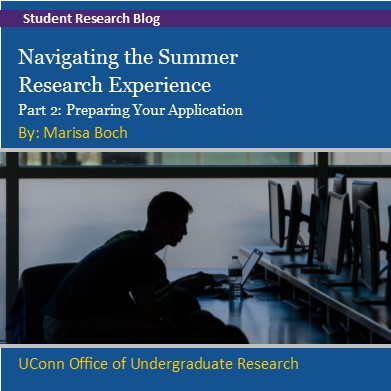
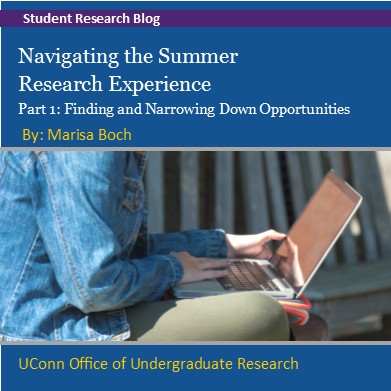
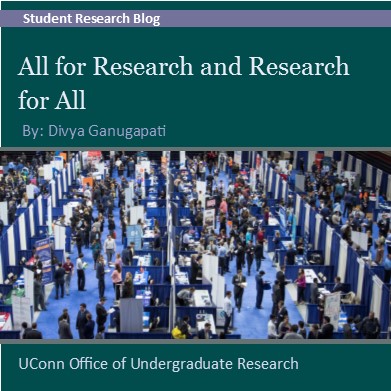 By: Divya Ganugapati, OUR Peer Research Ambassador
By: Divya Ganugapati, OUR Peer Research Ambassador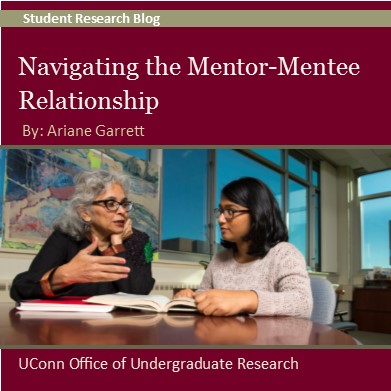
 The Office of Undergraduate Research is delighted to announce the four students selected to receive UConn Co-op Legacy Fellowships to support projects they will complete summer 2018.
The Office of Undergraduate Research is delighted to announce the four students selected to receive UConn Co-op Legacy Fellowships to support projects they will complete summer 2018. Project Title: The Scholio Project: Designing Online News Comments to Promote Intellectual Humility in Public Discourse
Project Title: The Scholio Project: Designing Online News Comments to Promote Intellectual Humility in Public Discourse